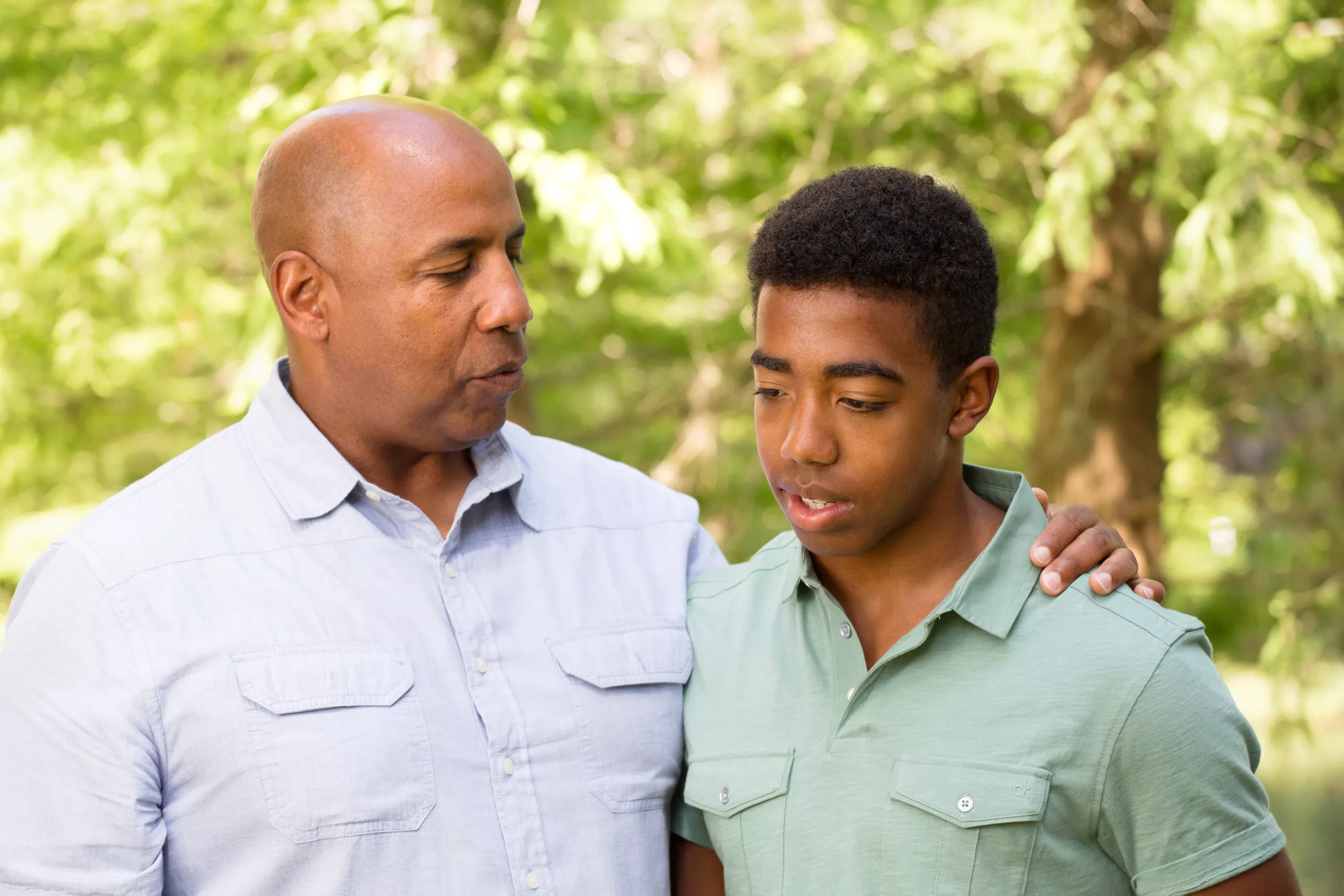By Michelle Fitzhugh, LPC, EMDR, Clinical Director
We’ve all had to apologize for something at some point in our lives. We’ve all also been on the receiving end of an apology of some sort as well, however empty it may have felt. When we were children we most likely learned to say, “I’m sorry” when we hurt someone or did something that was wrong. I suppose that when we said those magic words we really believed that everything was better and we were absolved of any guilt! So did that ever really work? I mean, what does a person say in response to “I’m sorry”? “It’s okay” seems to be the customary response but is it really okay? That has always seemed so flawed to me in that if it’s really okay, why does one need to apologize? So if not, “It’s okay”, what does seem reasonable to say when someone says “I’m sorry”? For so many of us, those awkward, often meaningless, exchange of words is where our understanding or training of how to give a real apology ended.
Many years ago when I was teaching second grade, I taught my students to apologize using a simple but impactful four step apology that I believe is an anecdote to the less than successful way most of us learned. Often, when they were encouraged to practice this apology I was met with tears and pleads for “can’t I just say I’m sorry?” The reason I think this simple four step apology seems so difficult is because it requires so much more of us and touches on things in us we would often rather avoid.
I have continued to teach this four step apology and what I have witnessed in my counseling office over many years when observing this method being used is both powerful and effective whether being practiced between couples, parents and children or in any relationship where there is hurt and a need for healing.
The steps are simple and I challenge you to give them a try and see how differently both you and the person receiving your apology are affected!
The steps are as follows:
Step 1: Accept Responsibility for your words, behavior, actions, etc.
Example: I realize that I was wrong when I __________.
Step 2: Recognize how the other person was affected by your words, behavior, actions.
Example: I see/hear/know that I really hurt you.
Step 3: Repent (Pledge to do everything possible to not repeat the behavior)
Example: It is my desire to not repeat the same behavior and I am praying and asking God to allow me to grow and learn from this so as to not repeat it again.
Step 4: Ask for Forgiveness
Example: Will you please forgive me or Can you forgive me?
The final step is allowing the other person to take in the apology and decide how they want to proceed. At this point, you have done all that you can to give them the opportunity to move forward but it is ultimately their decision. The peace and freedom that comes when you offer this apology is released in you.
The next time your heart is convicted and you experience healthy shame for your behavior, give it a try! You might be surprised at how difficult it can be to actually say the words out loud and you maybe even more surprised at the positive response you experience from the person receiving the apology! It actually has meaning and it can bring real healing and restoration to all of your relationships!
Check out part two of this blog on preparing your heart to apologize coming soon!
Teen Social Anxiety

